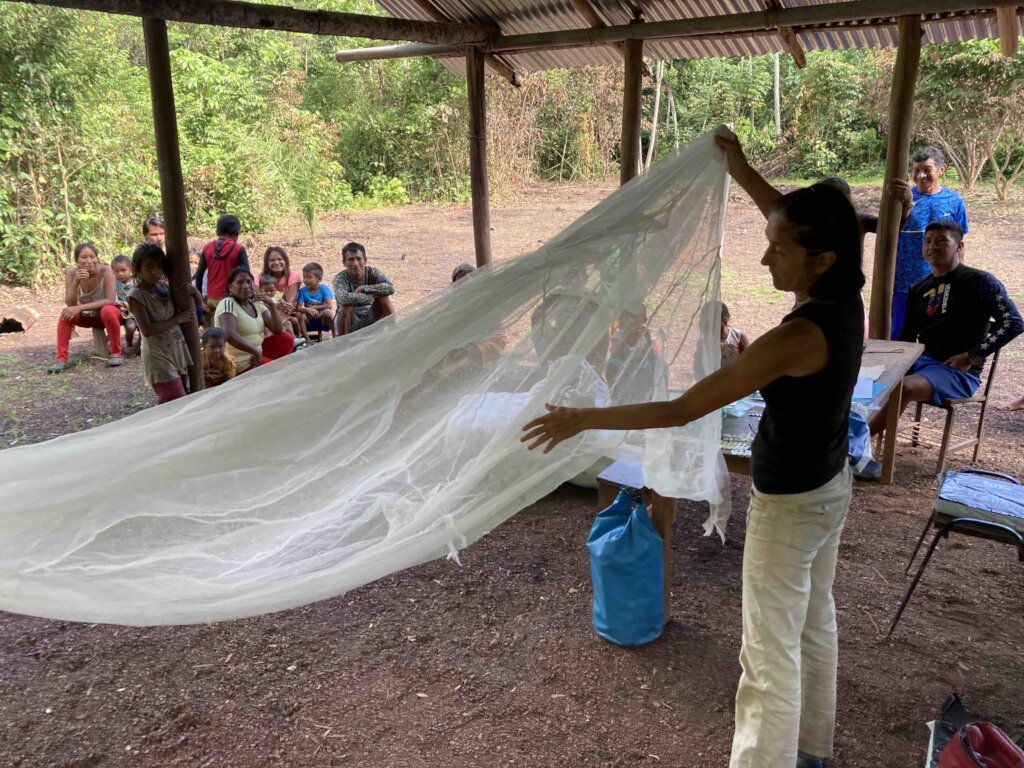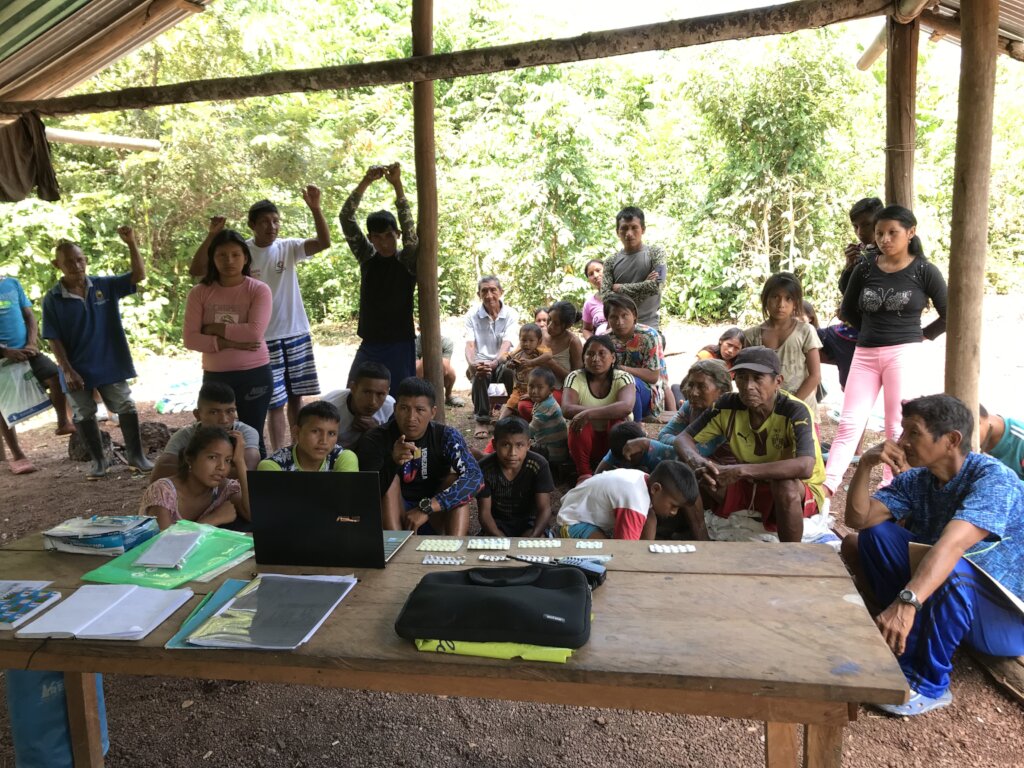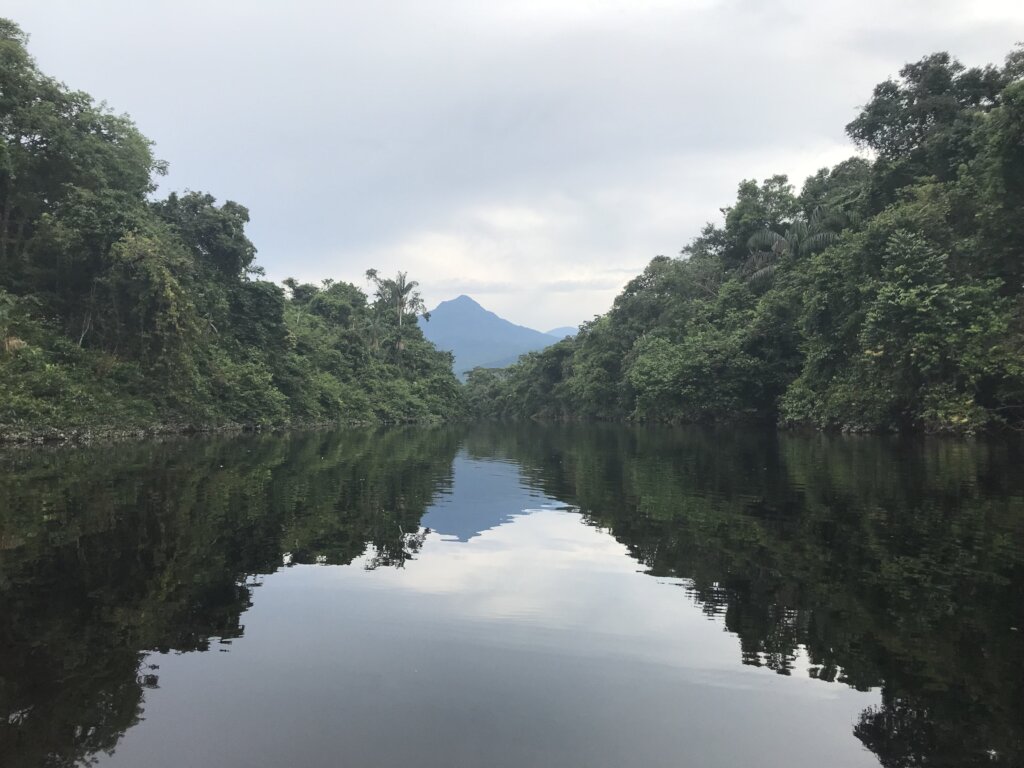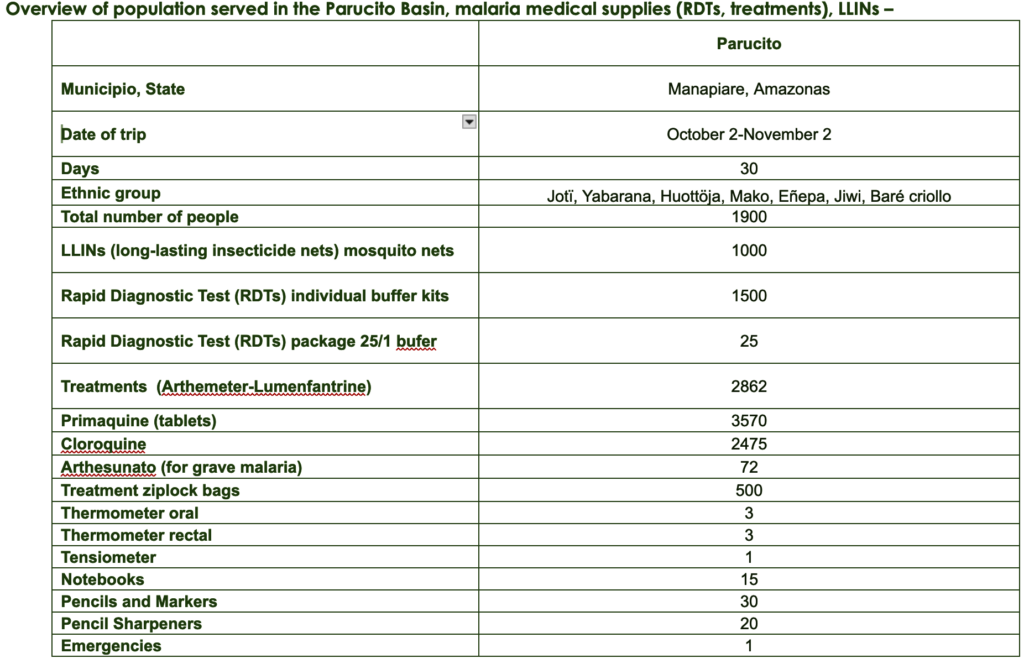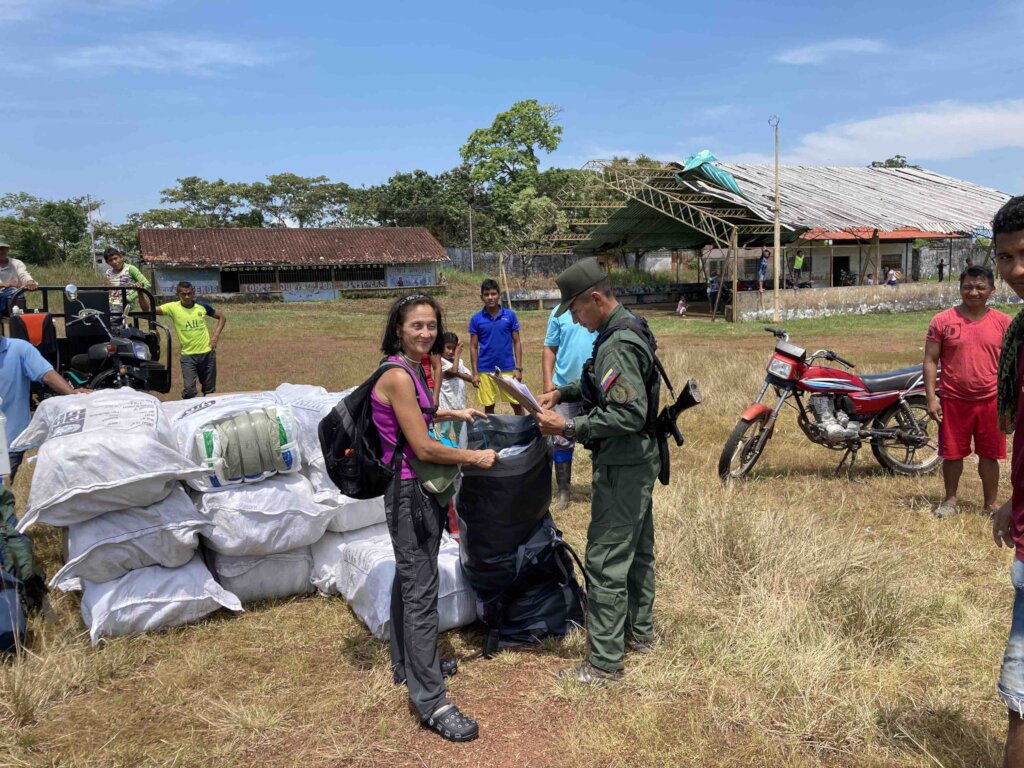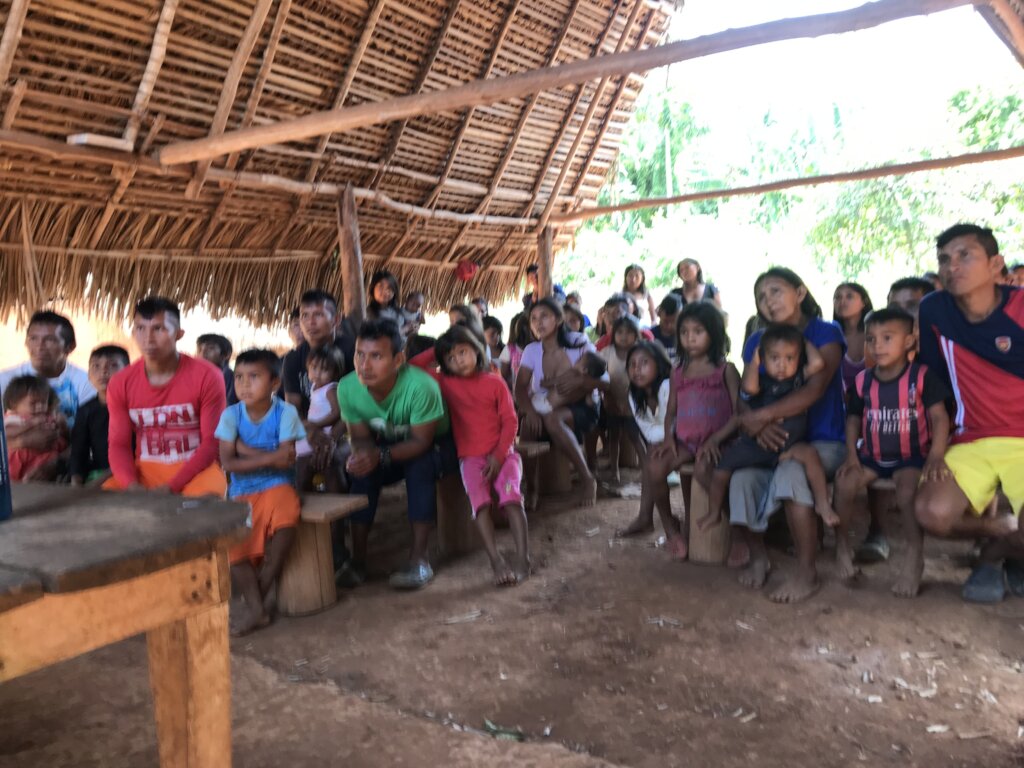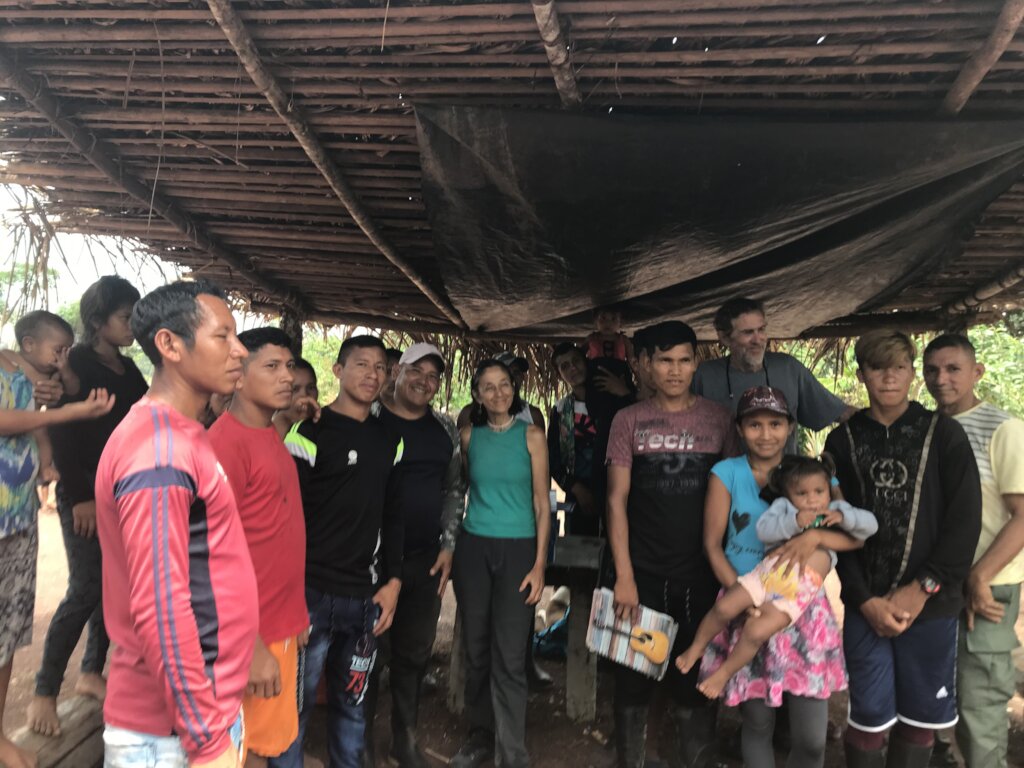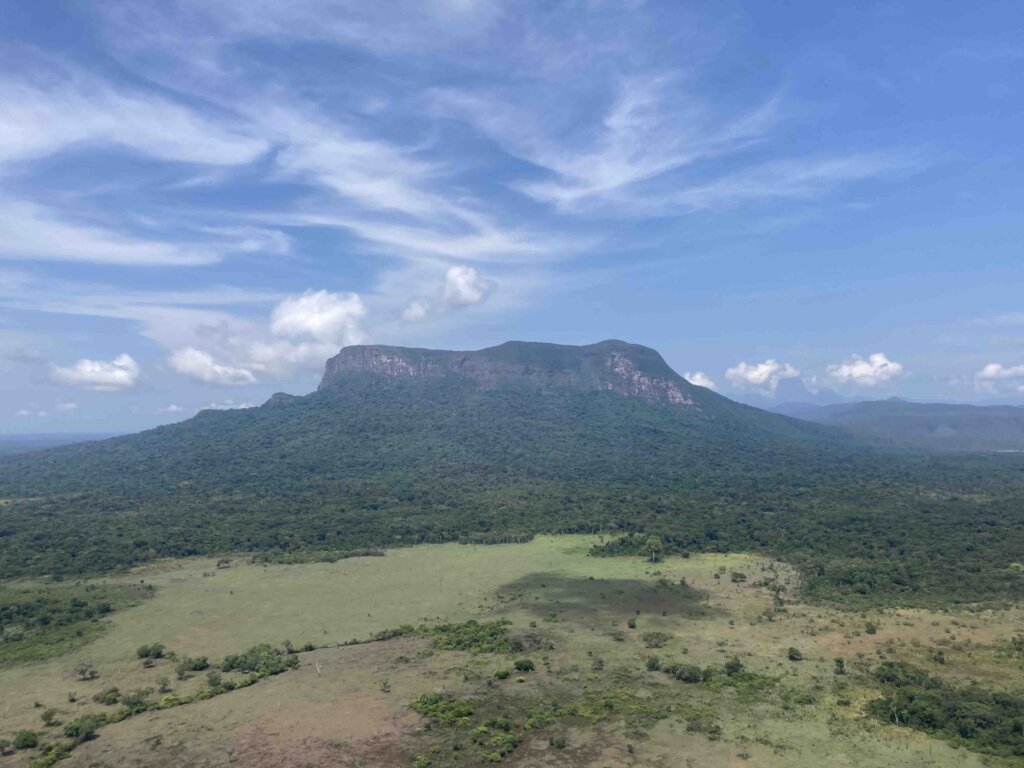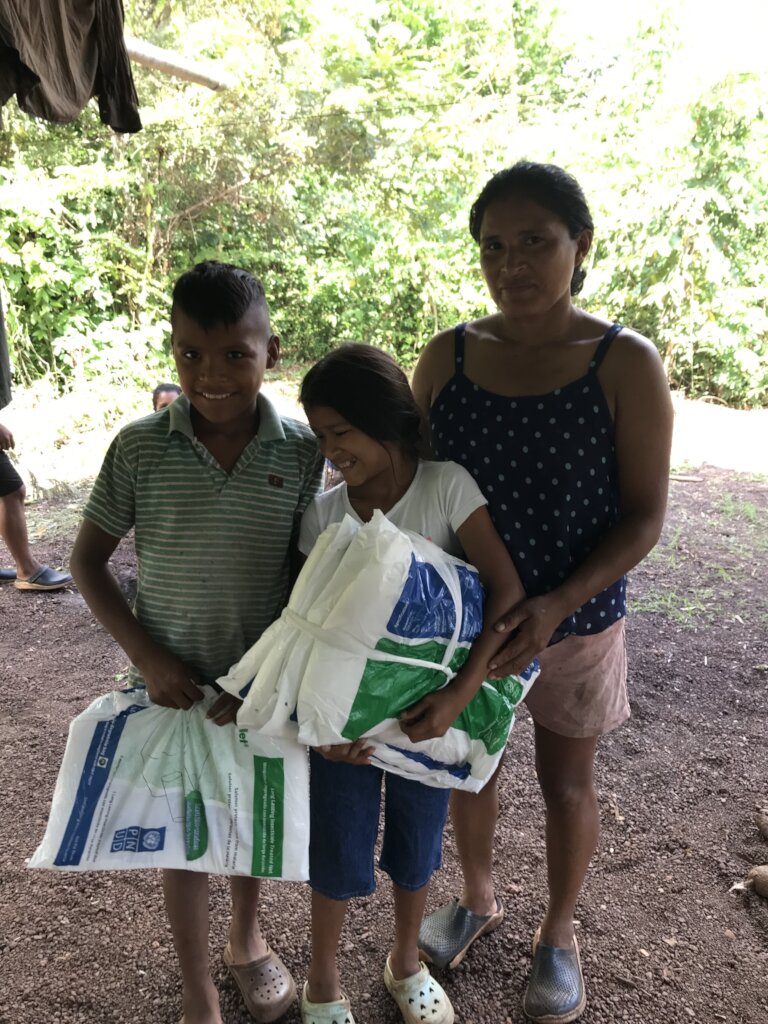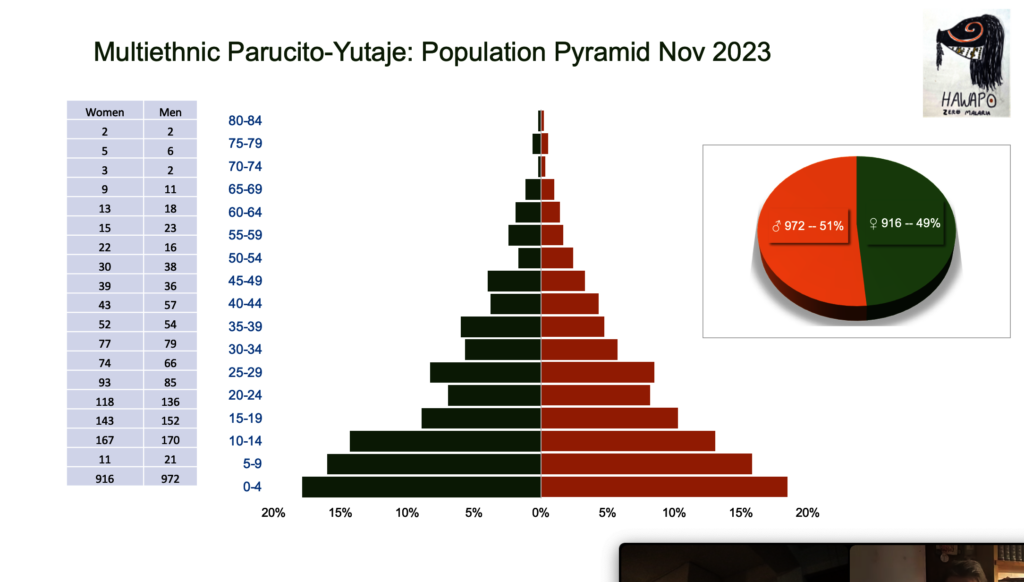By Eglee Zent with Susannah McCandless | Project Leader
When we contacted the Jotï/Eñepa (Hutaroja)Kayama in January of 2024, Simon, the Eñepa microscopist told us, “Since the project last visited in November 2022, there hasn’t been a single case of malaria among the Eñepa.” This confirmed what Alirio, the Jotï microscopist in Kayama, had told us in July of 2023: he reported only an extremely limited number of cases of malaria among the Jotï—a total of just 10 during 2023. In fact, Alirio used the project’s InReach to ask us to come and propose new areas of collaboration, since malaria had decreased so substantially as a community health issue.
The dramatic success of the strategy of self-management of malarial control in Kayama, the original community where this project started, permitted us to expand our efforts to 28 additional communities of the Parucito and Yutaje River basins in Amazonas State, Venezuela. These were areas with higher malaria incidence, and no supplies, medicines, or resources to engage in diagnosis and treatment. We reached more than 1,900 individuals from some seven ethnicities that are grouped into the Asociación Civil Organización Indígena Yabarana del Alto Parucito de Amazonas (OIYAPAM). We entered the region and carried out our outreach in collaboration with OIYAPAM, having created a well-conceived joint strategy to train and provide tools for malaria self-management in 28 localities in the region. [We refer the reader to the table below, column “community” for the names of the communities.]
We took advantage of the end of the high water season in October and November to reach communities only accessible by small boats. We distributed supplies and medicines, treatments, rapid diagnostic tests, and offered workshops and trainings (we refer the reader to the included tables among the photos, below). We distributed 97 different types of medications and treatments for a range of the more frequent ailments in the area, in quantities of up to 6,000 tablets.
We also delivered 1,000 Long-Lasting Insecticidal (mosquito) Nets (LLINs). We received these from key organizational collaborators, namely the Global Fund, via the United Nations Development Project and Pan-American Health Organization, in close coordination with the Venezuelan Health Ministry. Those 1,000 LLINs more than doubled the existing number of protective nets in the region. In fact, we were able to serve every member of the Yabarana and Jotï ethnicities living in rural communities. In addition, we assisted 20 communities to update their census, to be eligible for medical and other government resources proportional to their current population. Below, you can see the image of the resulting population pyramid of the entire region associated with OIYAPAM.
"It was a great pleasure to return to these communities after an absence of 12 years--a wonderful re-encounter," says Egleé. We were glad to show up able to share resources and knowledge that these communities could use to increase their health and wellbeing. Thank you for your support, which continues to make this beautiful work possible!
By Susannah McCandless, for the project team | Project Coordinator
By Drs. Eglee Zent and Susannah McCandless | Project leaders
Project reports on GlobalGiving are posted directly to globalgiving.org by Project Leaders as they are completed, generally every 3-4 months. To protect the integrity of these documents, GlobalGiving does not alter them; therefore you may find some language or formatting issues.
If you donate to this project or have donated to this project, you can recieve an email when this project posts a report. You can also subscribe for reports without donating.
Support this important cause by creating a personalized fundraising page.
Start a Fundraiser